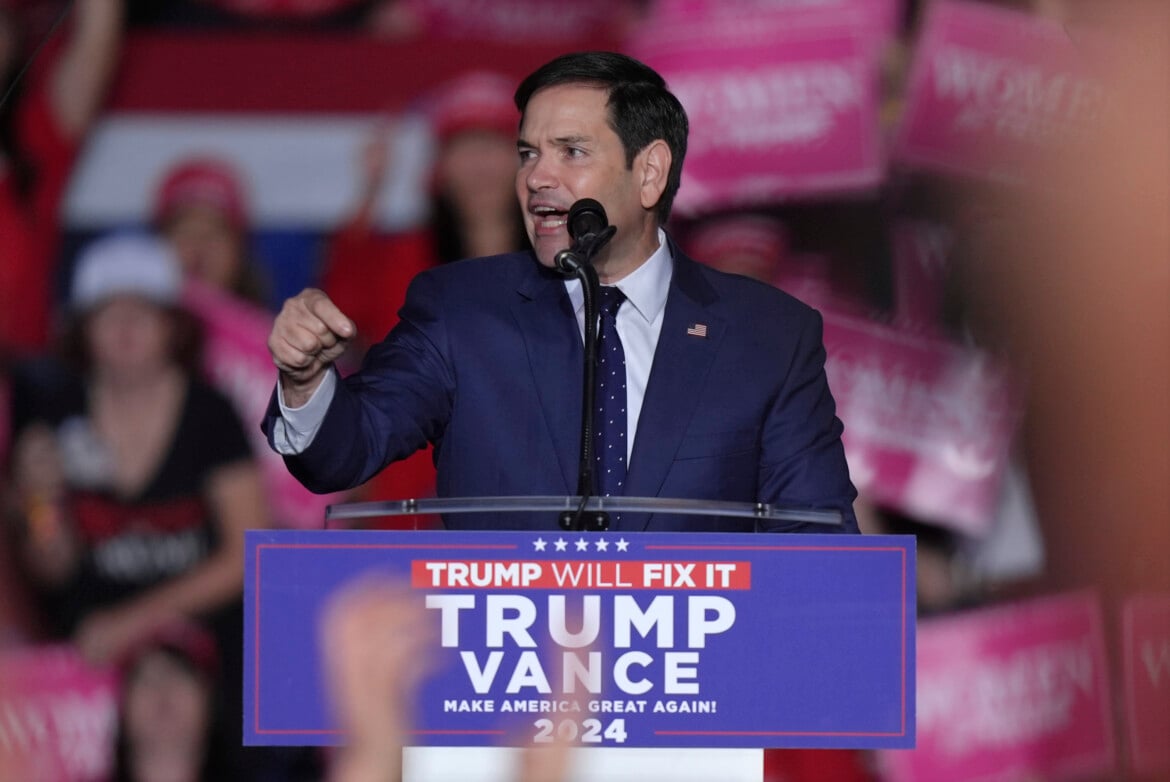Analysis
Why US-South Africa relations turned sour
At the root of the current tensions and attacks from the White House, one cannot fail to point to the South African complaint against Israel at the International Court of Justice, the accusation of “genocide” for what is happening in Gaza.

Relations between the United States and South Africa are becoming less and less diplomatic, in an escalation that culminated on March 14 with Secretary of State Marco Rubio's announcement of the expulsion of South African Ambassador Ebrahim Rasool. In reaction to a speech given by Rasool earlier that day, Rubio declared him persona non grata, claiming that he “hates America.”
In his speech, Rasool had sharply criticized the modus operandi of the new U.S. administration for its “disrespect for the institutional basis” of the international order and for what he called Trump's “supremacist assault,” both domestically and internationally, pointing out the absurdity of the accusations made against Pretoria of discriminating against white South Africans, particularly Afrikaner landowners. He also criticized Elon Musk's project to bring together figures from the European far right, calling it an attempt to “project white victimhood as a dog whistle,” and invoking the example of South Africa as “the historical antidote to supremacism.”
Born in 1962, Ebrahim Rasool was appointed ambassador to Washington in January. This is his second term, after a first one during the Obama administration, from 2010 to 2015. As is often the case in South African foreign affairs with regard to appointments to politically important positions, Rasool is not a career diplomat but a political figure, a member of the African National Congress (ANC), Mandela's party, in power since 1994. A Muslim, Rasool is known for his firm pro-Palestinian positions.
According to Steven Gruzd, head of the African Governance and Diplomacy Program at the South African Institute for International Affairs (SAIIA), Rubio's reaction goes completely beyond the bounds of the official and unofficial framework of traditional diplomacy, fitting into a context of growing hostility from the U.S. side. At the same time, Gruzd notes, Pretoria's reaction to Rasool's expulsion was “surprisingly calm and quiet”: a tweet from the president’s office said that it had “noted the regrettable expulsion,” urging “all relevant and impacted stakeholders to maintain the established diplomatic decorum in their engagement with the matter.” This attitude comes amid growing concern about the degradation of bilateral relations, the U.S. being one of South Africa's major trading partners, and thus a source of jobs while the country is facing one of the highest unemployment rates in the world. Added to this is the apprehension at the prospect of South Africa's likely exclusion from the African Growth and Opportunity Act (AGOA), the plan for cooperation and economic assistance to sub-Saharan African countries launched by the U.S. in 2000, which will expire in September. In addition, South Africa holds this year's chairmanship of the G20, which is set to pass to Washington in 2026, making the souring of relations even more problematic.
At the root of the current tensions and attacks from the White House, one cannot fail to point to the South African complaint against Israel at the International Court of Justice, the accusation of “genocide” for what is happening in Gaza, a matter in which the African state has taken up the mantle of a “moral superpower.” At the same time, it is unlikely that South Africa would abandon its foreign policy, informed by the “lens of principles” dating back to Mandela.
Based on the same principles, there has been no shortage of criticism of Pretoria for not aligning with Kyiv in the Russian-Ukrainian conflict. And the recent invitation to Zelensky to come to South Africa in April is seen not as a change in relations with Moscow, but as a response to the new U.S. administration's paradigm shift on the issue.
In any event, Europe could be the only one to benefit in all this. For instance, following the path laid out by the €4.7 billion agreement between the EU and South Africa announced during the summit held last week in Cape Town.
Originally published at https://ilmanifesto.it/cacciata-dellambasciatore-negli-usa-il-sudafrica-prende-atto on 2025-03-18
